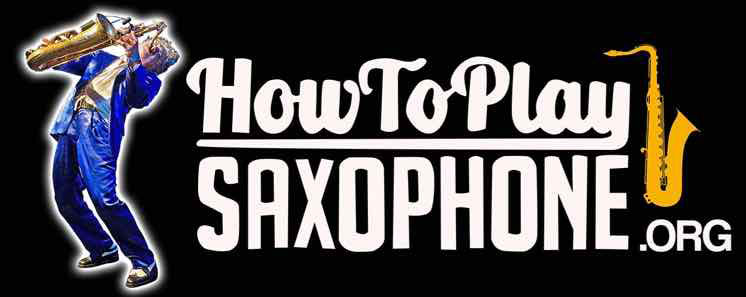Home Alt › Forums › Music Theory › Can't use Dominant chords over minor scales……
- This topic has 5 replies, 3 voices, and was last updated 8 years, 4 months ago by
Anonymous.
-
AuthorPosts
-
December 11, 2015 at 11:29 am #28930
Hi Johnny,
Earlier today at the music shop I spoke with someone who got turned onto the Blues playing with his Saxophone, so he’ll be joining us with the Blues Society…the tide is slowly turning 🙂 He was talking to me about how he likes to approach Blues Improvising and how in the Blues dominant chords will work over the entire 12 Bar Blues progression (in most kinds of music, only the Fifth is a dominant chord, right?) I made the comment to him to just be mindful to not use those dominant chords when the guys decide to do something in a minor key and he disagreed with me..he says he uses them all the time. With the triad of a dominant chord being composed of Major intervals with a flat 7, I think this new member is wrong because we NEVER use something that is composed of Major Intervals over a minor key, correct? To me, I think that’s going to stick out like a sore thumb. I explained to him the Blues scales are minor in nature and they work over a Major Scale and the Blues Scales work regardless of whether the guys want to play in a Major or minor key. But we never would use something composed of Major Intervals over minor Scales. What I’m telling this guy is correct, right? I’m thinking he may have to find out the hard way LOLDecember 11, 2015 at 3:48 pm #28932Ya, I’m not sure I’m following… you’re right about the composition of the dominant 7th chord.
we can work a minor scale into a major key but the other way around won’t work.
maybe you guys were talking about different things. when you get playing with him ask him to show you what he means and see if it works or not.
but if you play a major 3rd over a minor chord in a blues or rock tune it’s gonna hurt! extensions in jazz are different.December 11, 2015 at 8:51 pm #28941He didn’t make any mention of jazz, we we’re just talking about Blues, but maybe he was thinking about something jazz related. We all start to get together again the 2nd weekend of January, so we’ll see him then and see exactly what he’s talking about. One thing is for sure..if he’s a hard-core jazz player, I don’t think that style of playing will mix too well with these guys here. They are really, really big on keeping things as simple as possible, playing less=says more, and so on.
December 12, 2015 at 7:20 am #28946Anonymous
Hi Michael, at last I am understanding what you are saying regarding Chords – LOL. Did you have another look at my table? I’ve added all the 7th chords so I can work them out in any key. I’ve had flu all week and not been able to play my sax at all 🙁
December 12, 2015 at 10:06 am #28949Hi Jeff,
I think that e-mail you sent me got accidentally erased, couldn’t find it. You can e-mail it to me again if you would like. It’s all very straight-forward stuff, nothing complicated about it, someone can make these types of things complicated if they want to, but that’s not a good idea. I know being around real guitar players and what over the past few months, they’ve taught me about things they use in their own playing like Suspended Chords and Power Chords and there’s some cool stuff we as Sax players can derive out of those 2 chords to use in our own Improvising regarding note choices, when we play those notes choices, etc.. that add more ‘color’ to our playing.December 13, 2015 at 1:53 am #28962Anonymous
Hi Michael, no I didn’t email it. I presumed you do what I do and read all the most recent forum entries.
The chord progressions are a new discovery for me, I had no idea people wrote music in such a repetitive pattern way. The matching of various groups of notes to produce various emotions in the listener is most interesting. There is far more to discover in this sonic world than I had imagined!
-
AuthorPosts
- You must be logged in to reply to this topic.
